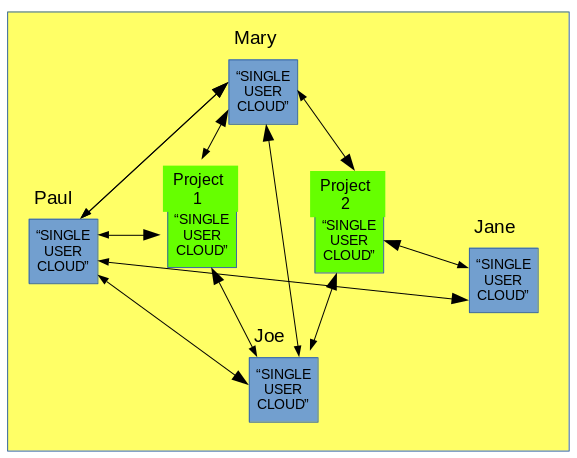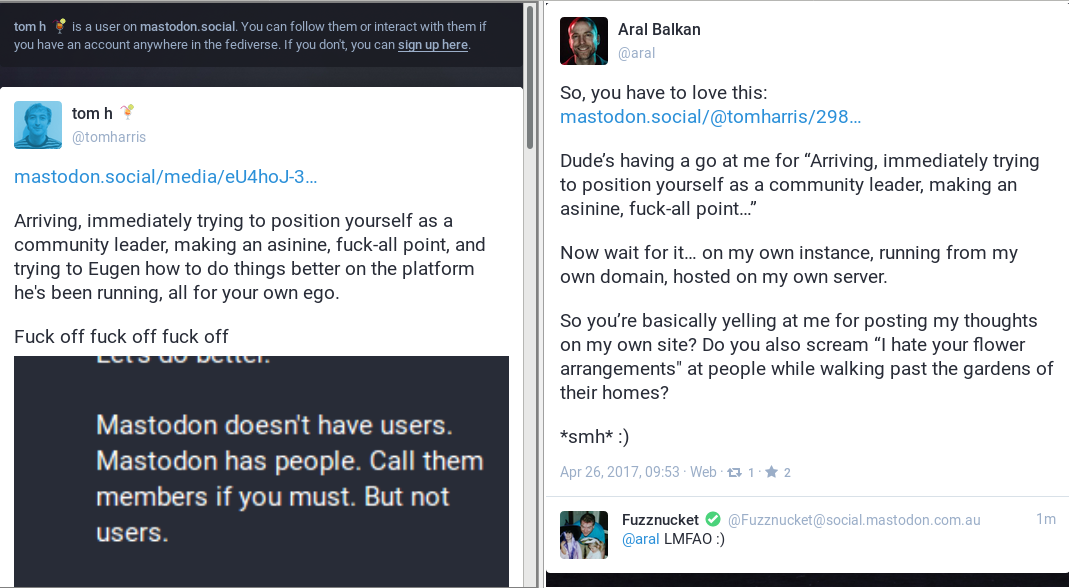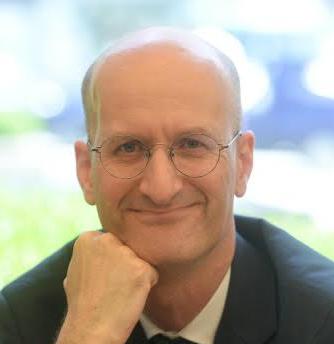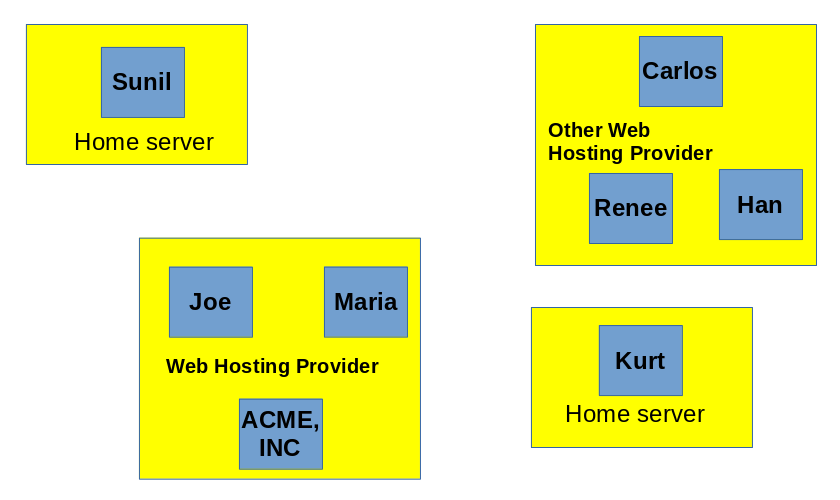All Posts
Peer-to-Peer Science: The Century-Long Challenge to Respond to Fukushima
(this is a guest post by Layne Hartsell and Emanuel Pastreich, who are research fellow and, respectively, director of The Asia Institute. The post, originally published at Foreign Policy In Focus, in September 2013, is now reposted here on invitation of the author, to whom I am grateful, because I consider it a useful complement to my previous work on Open Data).
Individual or collective clouds? Both, of course
Yesterday, I presented what I consider a perfect confirmation of my views on “Twitter replacements”. Today, I “defend” that position from “accusations” of individualism.
Mastodon has no users, nor people. But people (can) have Mastodon
I just saw on Twitter and his “replacement”, that is Mastodon, something that in my opinion is a perfect, real-world confirmation that, as I recently said, certain worries about Mastodon flaws and alternative “platforms” are… misplaced. Please have a look at this screenshot:
Facebook and the Future of Global Governance
(this is a guest post by Emanuel Pastreich, director of The Asia Institute, and Professor at Kyung Hee University. The post, originally published at Truthout, in April 2014, is now reposted here on invitation of the author, to whom I am grateful. My own proposal for a better alternative to Facebook and similar services is here)
Mastodon is a problem only if you want it to be a platform
I just found online what is, in my opinion, another proof that certain concerns about the “Twitter replacement” called Mastodon are solid… but the solutions that get the most attention right now may be dead ends.
Nobody cares about online identities? Really?
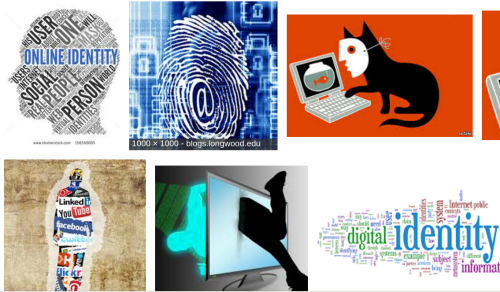
Reading my recent posts about “Mastodon flaws"that are NOT flaws and online identities in general, an online contact of mine replied with several comments, whose main points I believe may be synthesized as follows (any error here is mine, of course):

